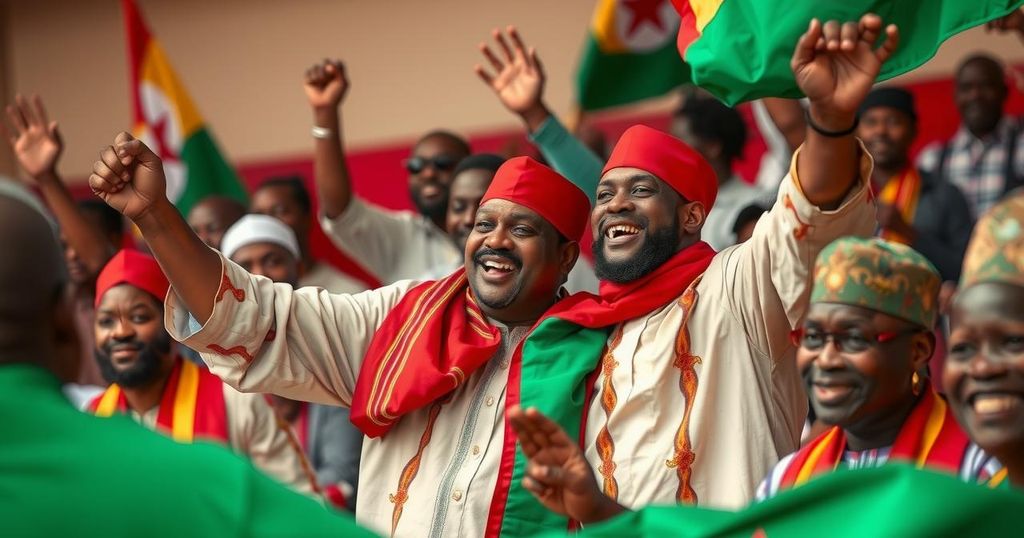World news
2024 ELECTIONS, AFRICA, AHMED BARTCHIRET, ASIA, BOKO HARAM, BURKINA FASO, CHAD, CHINA, COMMISSION, DEBY, ELECTIONS, EUROPE, FRANCE, GOVERNANCE, GOVERNMENT, MAHA, MAHAMAT DEBY, MAHAMAT IDRISS DEBY, MALI, NATIONAL ASSEMBLY, PARLIAMENTARY SEATS, PATRIOTIC SALVATION MOVEMENT, VOTER TURNOUT
Michael Grant
0 Comments
Chad’s Ruling Party Secures Majority in Disputed Parliamentary Elections
Chad’s ruling Patriotic Salvation Movement has attained a parliamentary majority, winning 124 of 188 seats in an election boycotted by major opposition parties, which raised concerns about the legitimacy of the process. According to the electoral commission, voter turnout was 51.56 percent. The election, which Deby presented as a step toward decentralization following a prolonged military rule, has been criticized by opposition leaders as a “charade.”
In a significant electoral development, Chad’s ruling party, the Patriotic Salvation Movement, has secured a decisive majority in the recent parliamentary election, obtaining 124 out of 188 available National Assembly seats. The electoral exercise, which took place on December 29, was primarily boycotted by over ten opposition parties, raising concerns regarding its legitimacy. Ahmed Bartchiret, the electoral commission’s head, reported a voter turnout of approximately 51.56 percent, which critics argue signifies widespread skepticism toward the electoral process. This election, characterized as a critical juncture in the country’s transition from military governance, follows President Mahamat Idriss Deby’s rise to power in 2021 after the death of his father, the long-term President Idriss Deby Itno. Deby had framed the election as a pathway to decentralization, aiming to redistribute authority to provincial and municipal levels, though opposition parties denounced it as a mere “charade.” Amidst ongoing security challenges and recent shifts in military alliances, particularly regarding relations with France, the election results illuminate the complex political landscape in Chad.
Chad has not witnessed parliamentary elections in over a decade, making the recent contest a pivotal moment in its political history. Following the death of Idriss Deby Itno in 2021, his son, Mahamat Idriss Deby, assumed leadership as a military ruler. The recent election was touted by Deby as a significant step toward democratic transition and decentralization. However, the boycott by significant opposition factions, who deem the electoral processes as lacks credibility and accountability, reflects deep-rooted political unrest and skepticism regarding the ruling party’s motives. This electoral conflict unfolds against the backdrop of evolving regional security dynamics, particularly concerning military cooperation with France.
In summation, the victory of Chad’s ruling Patriotic Salvation Movement in the recent parliamentary election, marred by opposition boycotts and allegations of illegitimacy, underscores the ongoing political turmoil in the country. While the ruling party claims the election signals a transition to a more democratic framework, opposition voices remain skeptical, viewing the electoral processes as compromised. The nation faces pressing security challenges, making the implications of these election results critically significant for Chad’s governance and stability.
Original Source: www.aljazeera.com




Post Comment